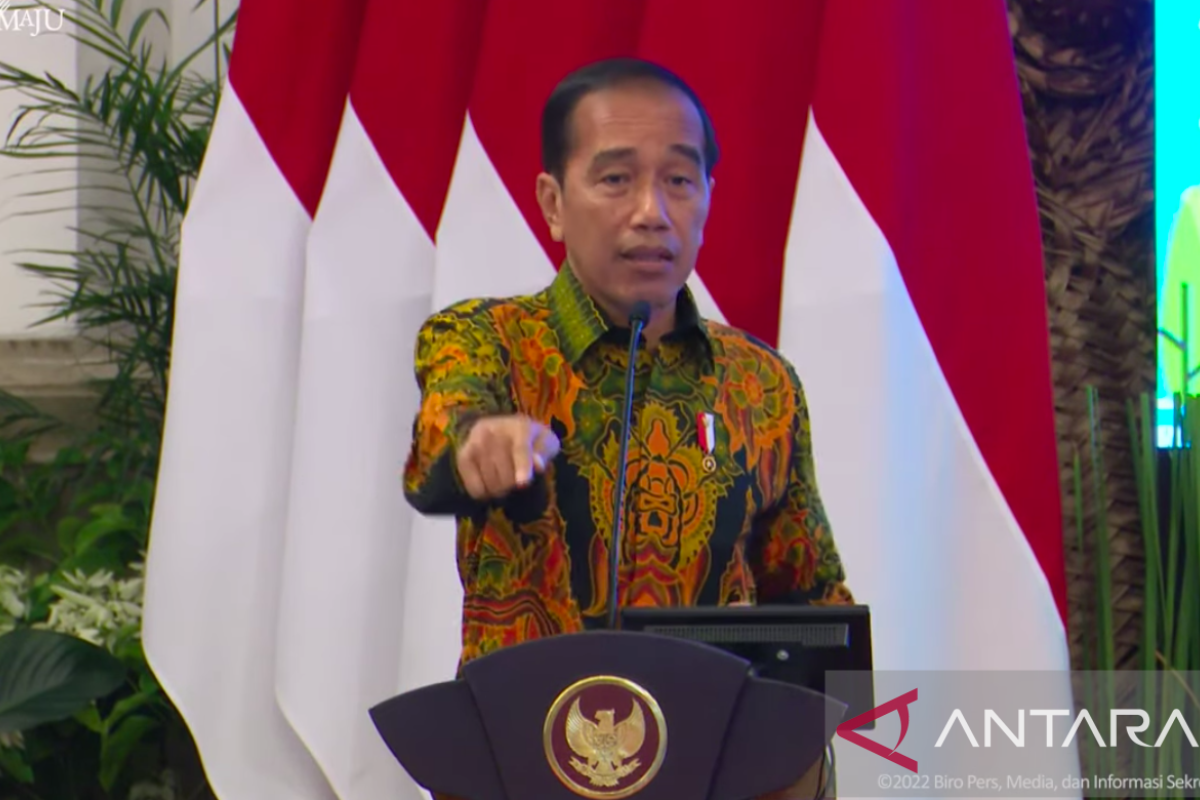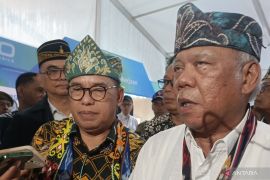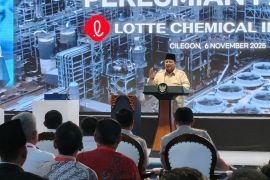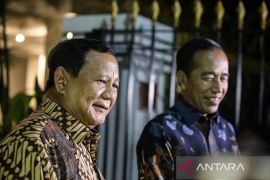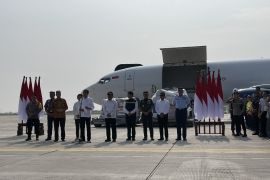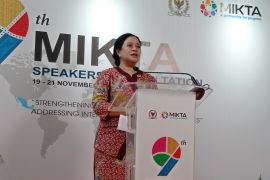"I calculate how much; 60 percent of electric cars will depend on our EV (electric vehicle) battery; 60 percent of the market share in the world," he noted at the “Kompas100 CEO Forum” at the State Palace in Jakarta on Friday.
According to the President, Indonesia has abundant resources, such as nickel, copper, bauxite, and tin, that are needed to create an electric vehicle battery ecosystem and they are available in large quantities.
According to Widodo, Indonesia only lacks lithium. However, it has expressed interest in cooperating with Australia for obtaining lithium supplies to support its EV battery ecosystem.
" I convey to PM Albanese (Australian PM Anthony Albanese) that Australia has lithium, we can buy it from Australia. But, some of us already have mines there. This is strategic, it is right to intervene like that," he said.
Therefore, the resources to create the ecosystem are complete. Currently, one of the other important requirements is integrating the downstream process of these natural resources.
"Integrating this product is not easy, so that it becomes an ecosystem. This is what I keep doing, I desperately have to do this because this is what will jump us to another civilization,” Widodo said.
If the EV battery ecosystem is built in Indonesia, investment will also come in abundance, he added.
"(Investments) will come in abundance. Because in the future, electric motorcycles and electric cars will replace (conventional vehicles)," he explained.
Research and exploration of lithium need to be undertaken to support the development and production of batteries for domestic electric vehicles, a researcher from the National Research and Innovation Agency's (BRIN's) Metallurgical Research Center said earlier.
"The demand for lithium until 2030 and beyond will continue to rise. The question is whether Indonesia is capable of producing lithium," researcher Latifa Hanum Lalasari observed during an online workshop on Indonesian lithium on Friday.
"This is what we need to explore and research together," she said.
Globally, the consumption of lithium has continued to rise given that, in 2022, the development of electric vehicles has necessitated the production of batteries, and the main raw material for batteries is lithium, she added.
In view of this, research and exploration of lithium raw material sources have become important.
"If, for instance, we do not conduct research, then we will indirectly lag behind technologically," she explained.
In nature, lithium is found in various concentrations in seawater, pegmatite, oil field brine, geothermal brine, and sedimentary rock (Li-rich clay).
Lithium raw material sources can be explored from primary resources, such as seawater and sea stone, and secondary resources, such as used batteries and mined materials.
One of the approaches for lithium extraction from primary resources that can be adopted in the future is extracting lithium from seawater or geothermal brine, Lalasari said.
Research and innovation must seek to resolve one of the national issues related to the provision of battery raw materials from local resources to support the development of national electric cars, she added.
To this end, the effort to explore and determine the availability of lithium and other mineral raw material sources in Indonesia necessitates collaboration between scientific branches and all parties, including universities.
Related news: Need lithium research to support electric battery production: BRIN
Related news: Indonesia has potential to lead in electric vehicle production: Kadin
Translator: Indra AP, Azis Kurmala
Editor: Rahmad Nasution
Copyright © ANTARA 2022
